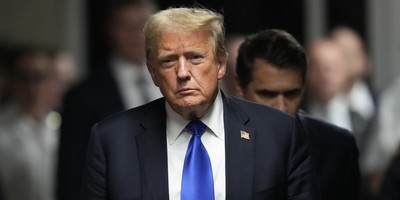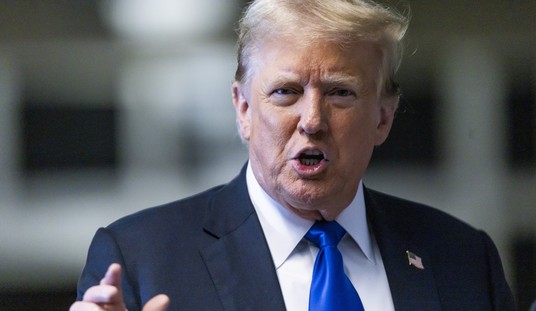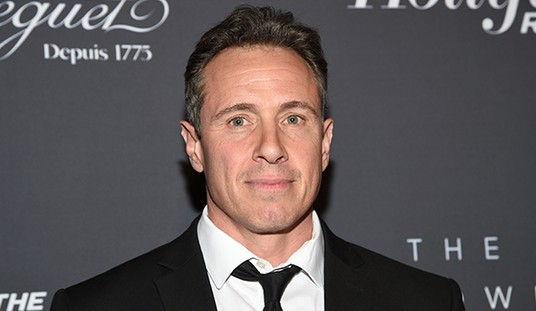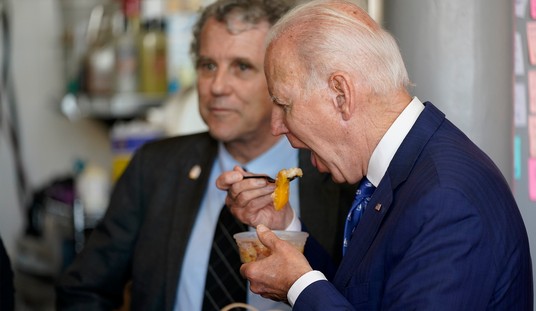After borrowing nearly half a billion dollars in 2012 – a move voters approved to allow Gov. Robert Bentley and the legislature shuffle the deck chairs on a sinking ship of state government for a little while longer – things are still not looking up for Alabama.
Bentley asked for and got a big tax increase in 2015 and cut money out of Medicaid in 2016. That should have been enough but the demands for new funds keep coming. The political powers in Montgomery would rather undertake new spending than pay what it already owes.
As reputable economists have shown time and again public spending does not stimulate an economy, even when the money is put toward the construction and repair of infrastructure. Investments by the private sector pay the biggest dividends; government can only do so much and only with resources taken out of the private economy that might have been put to better use elsewhere. Somehow that message hasn’t gotten through to the policymakers in the capital and a number of local governments, who are pushing the new and unnecessary projects threatening budgets already stretched so tight they are about to snap. The proposed new road and bridge serving coastal vacation homes in Baldwin County -- where the economy is strong, thanks to robust tourism -- is a perfect example.
The Gulf Coast out that way is, technically, an island. It’s separated from the rest of Alabama by an Intracoastal Waterway that is already spanned two bridges: I-59, which is free, and the Foley Beach Express, a privately owned and operated toll bridge.
Recommended
There‘s a consensus that another bridge is needed to alleviate congestion. Rather than follow the successful public-private partnership model that has already proven itself successful in this same area, the Alabama Department of Transportation wants the state to pay for a third bridge – a $30 million expense charged to the taxpayers and paid for out of the funds set aside for road repair. That’s great for ALDOT and its employees but not so hot for the people across the state who are footing the bill.
Orange Beach Mayor Tony Kennon is demanding that American Roads, which owns and operates the Beach Express, widen its existing bridge and reduce the toll rates. If they don’t, Kennon is threatening to borrow $20 million (a number that is most likely low, judging by ALDOT’s previous estimates) to build what is ironically being called a free bridge.
He doesn’t appear to have a strong grasp of the economics of infrastructure development. Tolls are necessary on privately-owned infrastructure to recoup the costs of construction, operation and maintenance. They’re paid by bridge users rather than all taxpayers. Tolls are set based on what is needed to make ends meet. For a politician to arbitrarily dictate lower toll rates may seem to be smart politics but it drives out private capital, leaving taxpayers eventually on the hook for new infrastructure spending regardless of ability to pay or willingness to use the roads and bridges in question.
Rather than soak the taxpayers further, the right approach is to build the road in partnership with the private sector and charge a toll to use it. It would meet all the necessary objectives for the third bridge over the Intracoastal Waterway – primarily to relieve traffic congestion – while bring in money to the state treasury rather than sending it out.
It’s simple change in thinking that will go a long way toward weaning Alabama off of tax hikes and debt, and allow it to prioritize its spending where it is needed – on repairing existing roads and bridges, and on areas like health care, education, and economic growth. A toll road and bridge will, over time, pay for itself. It’s a simple solution to a problem that’s not really that hard to solve. It’s just a matter of changing the mindset in Montgomery.

























Join the conversation as a VIP Member